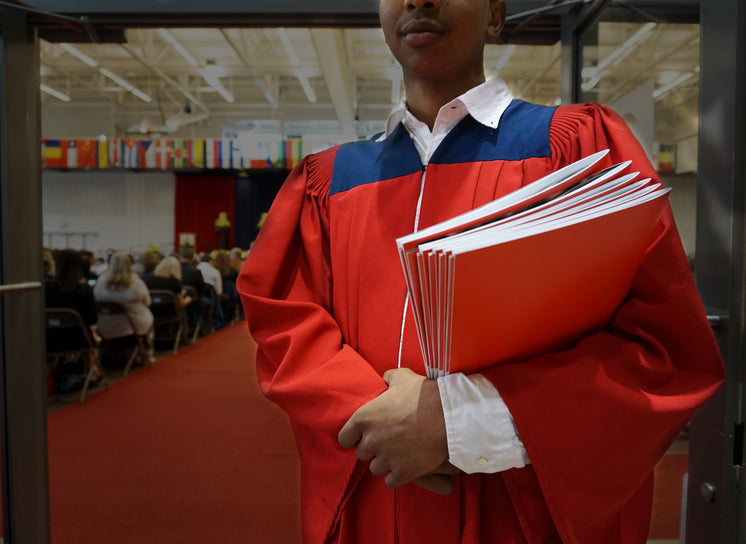Japanese Migration to Thailand
 The project saw little success. By 1896 there were perhaps between 30 and 50 Japanese living in Bangkok, and none in the provinces. Japan and Siam signed a treaty in 1898, whereby Japanese in Siam were granted extraterritoriality, but only until the passage of a Siamese criminal code. Up until 1897, the Japanese were under French protection, but that year a Japanese legation was established at Bangkok, with Inagaki Manjiro as its minister. By 1913, there were 219 Japanese in Siam (157 males, 62 females) registered with the consulate. By 1902, observers had noted a trend of increasing Japanese employment as advisors in the government of Siam.
The project saw little success. By 1896 there were perhaps between 30 and 50 Japanese living in Bangkok, and none in the provinces. Japan and Siam signed a treaty in 1898, whereby Japanese in Siam were granted extraterritoriality, but only until the passage of a Siamese criminal code. Up until 1897, the Japanese were under French protection, but that year a Japanese legation was established at Bangkok, with Inagaki Manjiro as its minister. By 1913, there were 219 Japanese in Siam (157 males, 62 females) registered with the consulate. By 1902, observers had noted a trend of increasing Japanese employment as advisors in the government of Siam.
Their employers, for their part, prefer to hire Japanese workers rather than locals to avoid cultural misunderstandings, and because they believe their clients in Japan would not accept dealing with Thai people who speak Japanese as a second language. A 2001 study of 4,315 Japanese patients at Ram Hospital in Chiang Mai found that the most common health complaints (classified according to ICD-10 coding) involved respiratory diseases (739 cases), digestive tract diseases, and infectious diseases.
Again according to ICD-10 coding, “certain infectious and parasitic diseases” were uncommon among Japanese patients and common among Thai patients, while “diseases of the musculoskeletal system and connective tissue” showed the opposite. Comparing Japanese expatriate patients in Thailand to patients in Japan found that “endocrine, nutritional, and metabolic diseases” and “mental and behavioral disorders” were diagnosed less frequently among the former group, while “diseases of the respiratory system” and “certain infectious and parasitic diseases” were more frequent among the former group.
In total, the Japanese government statistics showed 10,579 Japanese people staying in Thailand, of whom 9,525 were in Bangkok – https://bangkok.thaibounty.com/2020/02/19/famous-quotes-on-ziniza-place-hotel-bangkok/ – . In a more recent trend, an increasing number of Japanese expatriates in Thailand consist of young people working in Japanese contact centres and other business process outsourcing firms providing Japanese-language services. They also avoid many of the social pressures associated with corporate employment in Japan. Though their pay is less than half what they might earn in Japan, by living in Thailand they can take advantage of the country’s relatively low cost of living. They occupied the upper end of the economic spectrum, earning salaries ranging from six to twelve times higher than the average Thai corporate worker.
Yanagawa Junior High School (Thai: โรงเรียนมัธยมยานากาวา; Japanese: 柳川高等学校附属タイ中学校), located in Nakhon Si Thammarat City.


